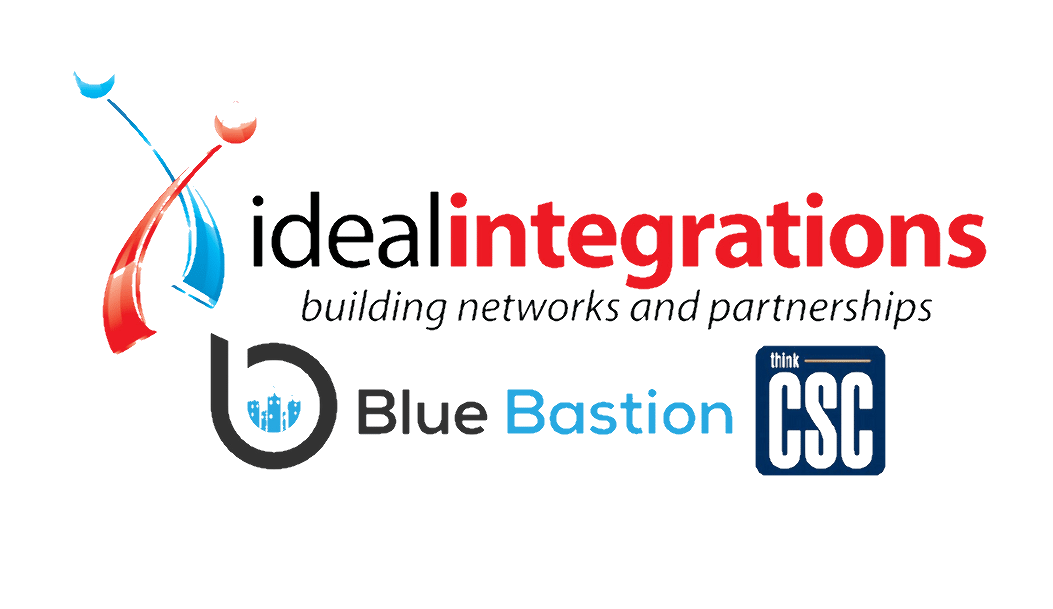
Dropbox has over 300 million users, and while the company has made serious efforts to increase the level of security and make their service more corporate friendly, the fact remains that security continues to be an issue. There are options more secure than Dropbox.
If your business is considering adopting Dropbox for offsite file sharing and storage, thoroughly assess these risks first:
- Dropbox puts your sensitive information at risk. When sharing files or a folder through Dropbox, the link generated is a public URL that anyone can use. Even if you share the link privately, that person might forward it, may have little or no security on their email, or may simply be unaware of the risk. The link generated is not encrypted or protected in any way.
- Dropbox offers no retention of historical data. After 30 days, deleted files, any revision history, and other oft-needed data is deleted from Dropbox. For many businesses, especially ones that must follow specific rules for financial reporting, this lack of retention can put the business at risk of being out of compliance.
- Dropbox lacks encryption strength. Dropbox drops the ball on security when it comes to encryption, which is one of the most essential safeguards against hacking and security breaches. Dropbox does not provide a method for users to encrypt their own data.
- Dropbox deduplication technology is invasive. In an effort to reduce storage costs, Dropbox employs deduplication technology that recognizes if you’re uploading something someone else already uploaded, but the technology puts your operation at risk. Deduplication saves Dropbox money and you time, but the cost is too high.
- Dropbox may not be there if you need them. Dropbox does not offer live support, and the company has a history of security breaches, including one in 2012 that exposed Dropbox employee accounts and gave hackers access to customer email addresses, and another in 2014 in which a Dropbox outage caused errors in syncing.
At thinkCSC, we help businesses ensure they have the highest protection against security risks inside and outside of the company. One of the easiest ways to improve your security is to switch from consumer-grade storage services to enterprise-grade solutions. That’s why we’ve partnered with Anchor to provide SyncedTool.
One of the primary benefits of SyncedTool is that if you do have a functionality issue, you can call thinkCSC. A stranger isn’t hosting your data anymore, a neighbor is. Other offsite data hosting services may be free, but in the end, you get what you pay for. SyncedTool is an investment worth considering, empowering your teams to better collaborate without sacrificing security and compliance. When choosing between Dropbox and SyncedTool, there is only one choice.


Recent Comments